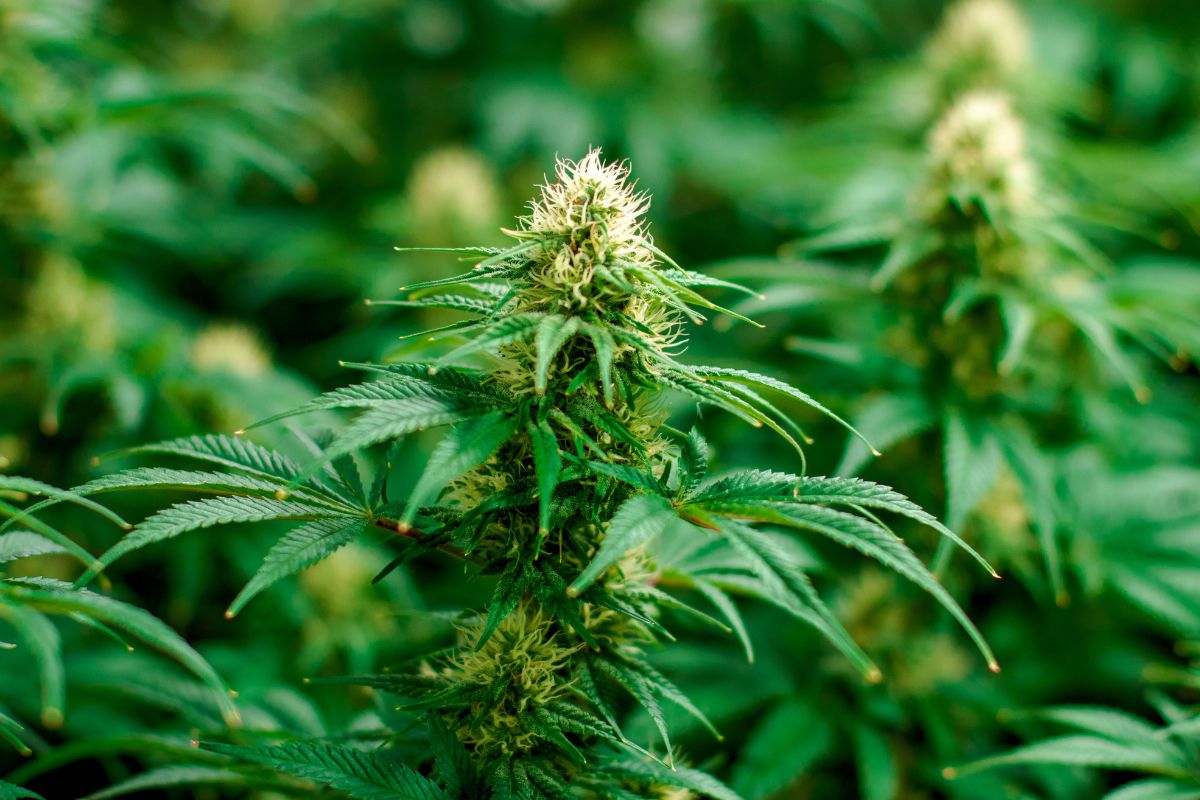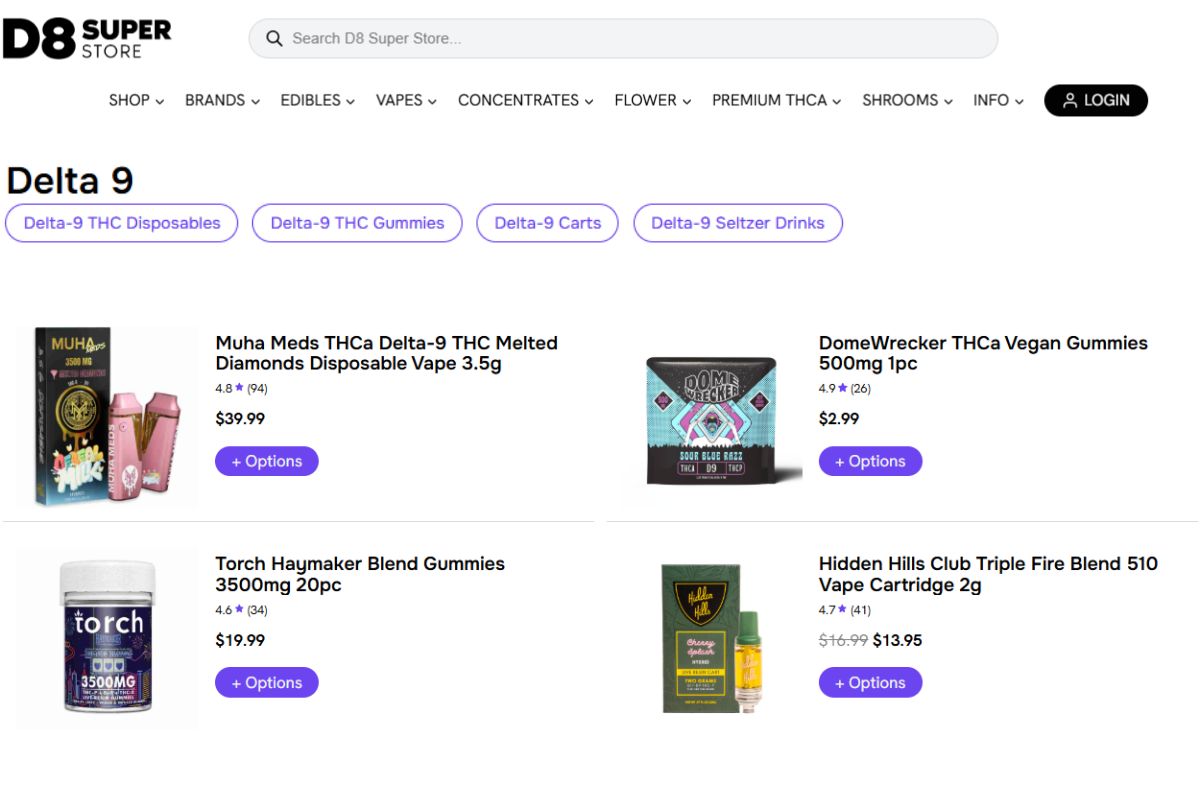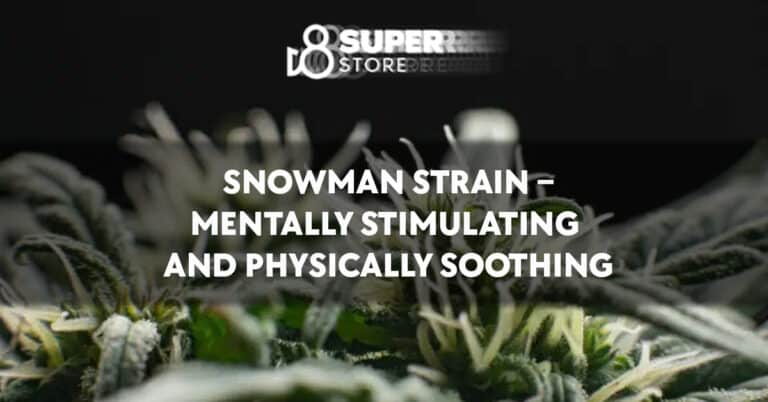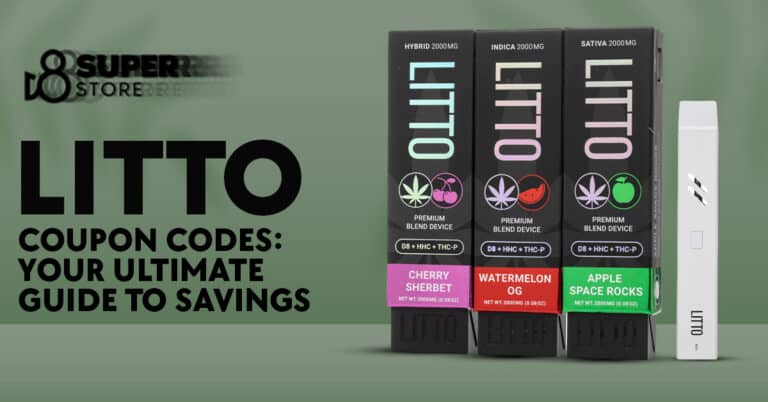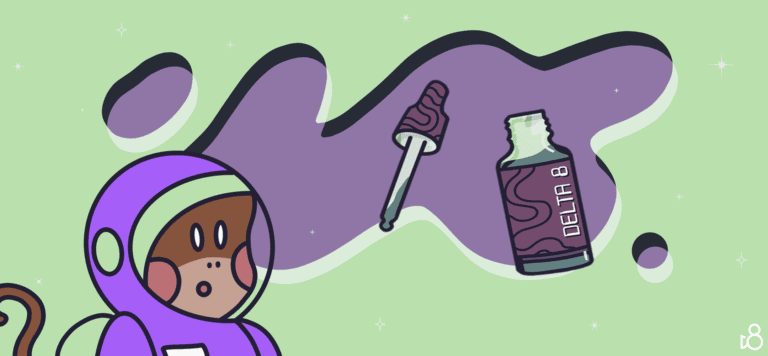Is Delta 9 Real Weed? Understanding Its Legitimacy and Effects
What is Delta 9 THC?
Delta 9 THC, short for delta-9-tetrahydrocannabinol, which features a double bond is the most prominent psychoactive compound found in the cannabis plant and its natural form . It is largely responsible for the “high” that users experience when consuming marijuana.
This cannabinoid, along with other cannabinoids present in cannabis and cbd oil , naturally occurs and is well known for its ability to alter perception, mood, and cognitive function.
- What is Delta 9 THC?
- Is Delta 9 THC Considered Real Weed?
- Delta 9 vs. Delta 8 THC
- Delta 9 vs. CBD: What's the Difference?
- The Legality of Delta 9 THC
- Hemp-Derived Delta 9: Is It Legal?
- How Does Delta 9 Work in the Body?
- Delta 9 and the Endocannabinoid System (ECS)
- Benefits of Delta 9 THC
- Delta 9 for Pain Relief
- Delta 9 for Sleep and Insomnia
- Delta 9 and Mental Health
- Risks and Side Effects of Delta 9 THC
- Psychological Effects of Delta 9
- Is Delta 9 Addictive?
- How Long Does Delta 9 Stay in Your System?
- Delta 9 in Drug Tests
- Methods of Consuming Delta 9
- Delta 9 Edibles vs. Inhalation
- Delta 9 Dosage Guide
- Can You Overdose on Delta 9?
- Delta 9 vs. Synthetic THC
- The Entourage Effect and Delta 9
- Is Delta 9 Safe for Everyone?
- Delta 9 for Medical vs. Recreational Use
- Choosing the Right Delta 9 Product
- How to Store Delta 9 Products
- Traveling with Delta 9
- Delta 9 and Federal Law
- Is Delta 9 the Future of Cannabis?
- Conclusion
- FAQ: Delta 9 THC
- Is Delta 9 THC legal in all states?
- Does Delta 9 get you high?
- How long does Delta 9 stay in your system?
- Is Delta 9 the same as CBD?
- Can Delta 9 THC show up on a drug test?
- Is Delta 9 natural or synthetic?
- What's the difference between hemp-derived and marijuana-derived Delta 9?
- Can you overdose on Delta 9 THC?
- Does Delta 9 have medical benefits?
- How can I use Delta 9 safely?
- FAQ: Delta 9 THC
Delta 9 is often the benchmark used to compare the potency and effectiveness of other cannabinoids like CBD and delta 8.
Is Delta 9 THC Considered Real Weed?
Yes, delta 9 THC is considered the main component of traditional weed and is widely utilized in medical cannabis . When people refer to cannabis or marijuana, they’re typically talking about plants that contain significant amounts of delta 9.
It’s the most studied and widely recognized form of THC, making it the foundation for most recreational and medical purposes cannabis discussions, particularly due to its psychoactive effects .
If you’re wondering whether consuming delta 9 is the same as consuming weed, the answer is generally yes—particularly if the product comes from marijuana plants.
Delta 9 vs. Delta 8 THC
Delta 9 and delta 8 are both forms of THC, but they differ in potency, structure, and legality. Delta 9 is the most potent and naturally occurring form of THC.
Delta 8 is a minor cannabinoid often synthesized from CBD, and it produces a milder high that some users prefer for its reduced intensity, especially for conditions like muscle spasticity .
While delta 8, derived from the hemp plant, has gained popularity in areas where delta 9 is restricted, it doesn’t deliver the same psychoactive experience.
Delta 9 vs. CBD: What’s the Difference?
| Category | Delta-9 THC | CBD (Cannabidiol) |
|---|---|---|
| Psychoactive Effects | Yes — Produces a “high” or euphoric feeling | No — Non-intoxicating and does not cause a high |
| Legal Status | Federally legal only if derived from hemp and <0.3% THC; state laws vary | Federally legal if derived from hemp; widely legal across states |
| Main Uses | Recreation, appetite stimulation, pain relief, sleep aid | Anxiety relief, inflammation, epilepsy, pain management, wellness support |
| Onset Time | Fast (when inhaled), slow (30–90 mins when ingested) | Similar onset depending on consumption method |
| Duration of Effects | 2–6 hours (inhaled); 4–8+ hours (edibles) | 2–6 hours typically, depending on method and dose |
| Side Effects | Possible anxiety, dry mouth, red eyes, increased heart rate | Rare side effects: fatigue, dry mouth, changes in appetite |
| Legality in Products | Regulated; can only be sold in compliant quantities and states | Widely used in oils, gummies, capsules, skincare, and wellness products |
| Best For | Users seeking euphoria, strong pain relief, or sleep | Users seeking relief without intoxication or impairment |
CBD, or cannabidiol, is another cannabinoid found in cannabis, but unlike delta 9, it is non-psychoactive and may help with various mental health conditions.
Delta 9 is known for its intoxicating effects, while CBD offers therapeutic benefits without altering mental state, and the effects of these compounds can vary widely among individuals .
CBD may help with anxiety, inflammation, and sleep, whereas delta 9, often found in medical cannabis, is commonly used for pain relief, nausea, and mood enhancement.
The Legality of Delta 9 THC
Delta 9 THC’s legality depends heavily on local laws and the regulations set by the federal government. In the U.S., cannabis containing over 0.3% delta 9 THC is considered a controlled substance at the federal level.
However, many states have legalized cannabis for medical and recreational use, which makes delta 9 legal in those regions. Hemp-derived delta 9 products that contain less than 0.3% THC by dry weight may be legal under the 2018 Farm Bill.
Hemp-Derived Delta 9: Is It Legal?
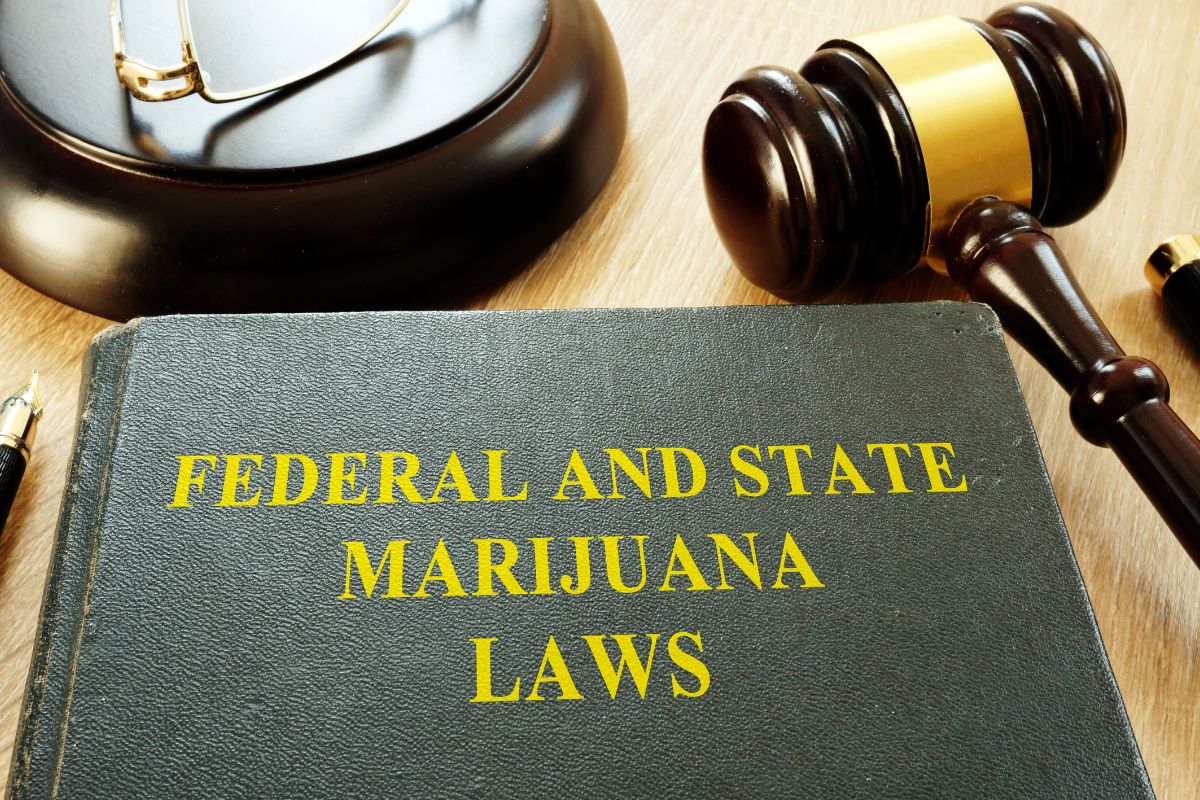
Hemp-derived delta 9 is a legal loophole that some manufacturers use to sell THC products in states where marijuana isn’t fully legalized. These products contain less than 0.3% THC by dry weight but still deliver a psychoactive experience due to concentrated serving sizes.
Consumers should check state-specific laws before purchasing or using hemp-derived delta 9 products, as they interact with the body’s endocannabinoid system .
How Does Delta 9 Work in the Body?
The key difference is that Delta 9 THC works by binding to cannabinoid receptors in the brain and body, primarily CB1 and CB2 receptors. These receptors are part of the endocannabinoid system (ECS) that interacts with the central nervous system, regulating mood, appetite, memory, and pain perception.
Once THC binds to these receptors, it alters neurotransmitter activity through various chemical processes and creates a psychoactive effect.
Delta 9 and the Endocannabinoid System (ECS)
The ECS is a complex cell-signaling system that plays a critical role in maintaining homeostasis in the body, which is influenced by the legal status of substances like delta 9 .
Delta 9 interacts with this system to trigger changes in mood, pain sensation, appetite, and other physiological responses. This is why delta 9 is effective for both recreational enjoyment and therapeutic applications, as opposed to methods that may leave harmful residues .
Benefits of Delta 9 THC
| Benefit | Description |
|---|---|
| Euphoria & Mood Enhancement | Produces a pleasurable “high” and uplifting effects, often improving mood and sociability |
| Pain Relief | Acts on the endocannabinoid system to help manage chronic pain and inflammation |
| Improved Sleep | Helps users fall asleep faster and stay asleep longer; commonly used for insomnia |
| Appetite Stimulation | Increases hunger (“the munchies”), beneficial for patients with appetite loss |
| Nausea Reduction | Commonly used to relieve nausea and vomiting, especially in chemotherapy patients |
| Muscle Relaxation | Reduces tension and spasms, offering relief for conditions like MS or severe cramps |
| Enhanced Creativity | Some users report a boost in creative thinking and out-of-the-box ideas |
| Stress & Anxiety Relief | Low to moderate doses may reduce stress and promote relaxation (though high doses can increase anxiety) |
Delta 9 offers several potential benefits when used in appropriate doses, especially for medical patients.
It can relieve chronic pain, reduce nausea from chemotherapy, stimulate appetite, and ease muscle spasms, often providing the same effects as other pain relief alternative . Some users also report mental health improvements, such as reduced PTSD symptoms and enhanced mood, thanks to various cannabis products .
Delta 9 for Pain Relief
Delta 9 THC is commonly used to manage pain associated with conditions like arthritis, fibromyalgia, and migraines as part of a broader medical treatment. It changes how the brain processes pain signals, which can provide relief without the need for traditional opioids, particularly when sourced from industrial hemp .
This makes it a valuable option in pain management strategies, especially when sourced from the hemp plant, for patients seeking natural alternatives.
Appetite Stimulation with Delta 9
Often dubbed “the munchies,” increased appetite is a well-known effect of delta 9 THC, which is a natural herbal extract .
For individuals undergoing chemotherapy or those with appetite disorders, delta 9 can help boost hunger and support nutritional intake, similar to effects observed with marijuana .
This benefit is especially valuable in medical marijuana programs.
Delta 9 for Sleep and Insomnia

Delta 9 may help users fall asleep faster and enjoy deeper rest.
By calming the mind and relaxing muscles, THC can be useful for individuals who struggle with insomnia or restless sleep patterns, however, one should exercise caution with dosing .
Low doses are often recommended to avoid next-day grogginess.
Delta 9 and Mental Health
Some research suggests delta 9 may benefit individuals dealing with anxiety, depression, and PTSD, highlighting the importance of responsible cannabis use . It can promote relaxation and reduce hyperarousal, particularly in therapeutic environments. However, high doses, due to sheer dosage, may worsen symptoms for some, so personalized dosing is important.
Risks and Side Effects of Delta 9 THC
Despite its benefits, delta 9 THC is not without risks, which may include potential substance abuse. Common side effects include dry mouth, red eyes, impaired coordination, and increased heart rate.
In higher doses, users may experience paranoia, anxiety, or hallucinations.
Psychological Effects of Delta 9
| Effect | Description |
|---|
| Euphoria | A sense of happiness, pleasure, and well-being — often described as a “high” |
| Relaxation | Mental calmness and reduced stress or anxiety in low to moderate doses |
| Altered Perception | Changes in time awareness, sensory perception, or depth of thought |
| Increased Creativity | Boosts in divergent thinking, imaginative thought, and artistic expression |
| Heightened Focus | Short-term sharpening of attention or interest in specific tasks |
| Anxiety or Paranoia | Possible at higher doses or in sensitive individuals |
| Mood Shifts | Can intensify emotions — both positive and negative |
| Short-Term Memory Impairment | Temporary difficulty with recall or concentration |
| Impaired Judgment | Reduced ability to make clear decisions or assess risks |
Delta 9 affects brain regions involved in memory, coordination, and decision-making. This can impair short-term memory and motor skills, especially in novice users or those consuming high doses.
These effects are temporary but can be problematic in certain situations like driving or operating machinery, especially considering state laws regarding THC use .
Is Delta 9 Addictive?
Delta 9 can be habit-forming, particularly for individuals who use it frequently or in high doses. Cannabis use disorder (CUD) is a recognized condition characterized by cravings, tolerance, and withdrawal symptoms. However, most users do not develop dependence with occasional, responsible use.
How Long Does Delta 9 Stay in Your System?
Delta 9 THC can stay in the body for several days to weeks depending on dosage, frequency of use, and individual metabolism. Infrequent users may clear it within a few days, while chronic users may test positive for weeks after last use. This is important to consider for drug testing or employment screenings, especially since some products may be federally legal .
Delta 9 in Drug Tests
Most standard drug tests are designed to detect THC metabolites, including those from delta 9. Even legal use in states with medical or recreational programs can result in positive test results. Users should be aware of their workplace policies and testing requirements.
Methods of Consuming Delta 9
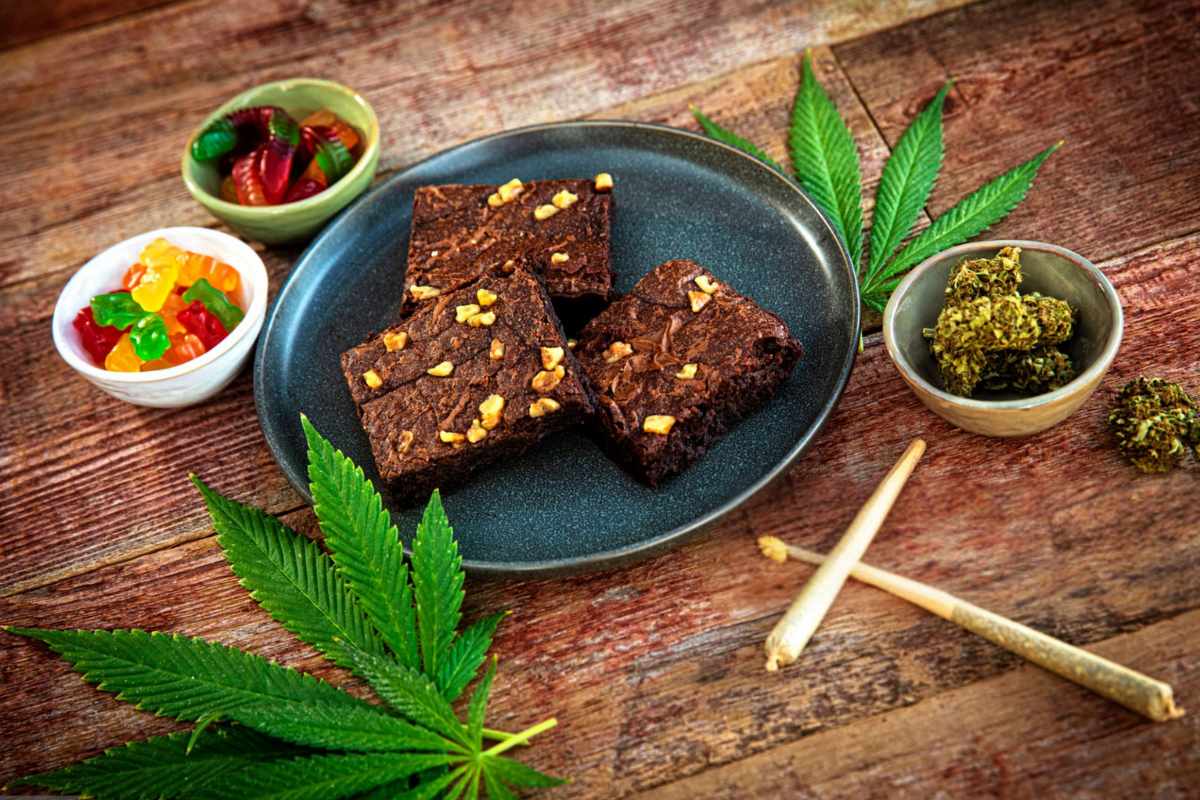
There are several ways to consume delta 9 THC, including smoking, vaping, edibles, tinctures, and capsules. Each method affects the body differently in terms of onset time and intensity. Smoking and vaping offer faster effects, while edibles provide longer-lasting relief.
Delta 9 Edibles vs. Inhalation
Edibles metabolize through the liver, converting THC and other thc variants into 11-hydroxy-THC, which is more potent and lasts longer. Inhalation offers quicker relief but shorter duration of effects.
Users often choose edibles for sustained symptoms and inhalation for immediate needs, with the option for lower concentrations available in various product .
Delta 9 Dosage Guide
Beginners should start with 2.5–5mg of delta 9 THC, especially when using edibles. Experienced users may tolerate 10mg or more, but effects can vary greatly. Always wait at least 2 hours before redosing to avoid overconsumption.
Can You Overdose on Delta 9?
While it’s rare to fatally overdose on THC, taking too much delta 9 can lead to severe discomfort. Symptoms include paranoia, confusion, dizziness, and hallucinations. Staying hydrated, resting, and using CBD may help reduce unwanted effects.
Delta 9 vs. Synthetic THC
| Aspect | Delta-9 THC (Natural) | Synthetic THC (e.g., Marinol, Spice, K2) |
|---|---|---|
| Source | Naturally found in cannabis and hemp plants | Lab-made, not derived from the cannabis plant |
| Common Forms | Flower, edibles, tinctures, vapes | Pills (e.g., Marinol), sprays, or illicit street versions (Spice, K2) |
| Legal Status | Federally legal under 0.3% THC (hemp-derived); regulated by state laws | FDA-approved versions are legal; street synthetics are often illegal |
| Psychoactive Effects | Euphoric, calming, and dose-dependent | Can be unpredictable; effects range from strong euphoria to severe paranoia |
| Safety Profile | Considered safe in regulated, moderate doses | Some forms (e.g., K2/Spice) linked to dangerous side effects and hospitalizations |
| Medical Use | Used for pain, anxiety, appetite, sleep, and more | Marinol (Dronabinol) used for nausea and appetite in cancer/HIV patients |
| Side Effects | Dry mouth, anxiety at high doses, red eyes | Nausea, hallucinations, rapid heart rate, anxiety, seizures (in street forms) |
| User Preference | Preferred by most for its natural origin and balanced effects | Prescribed versions only used when necessary; street synthetics are avoided |
Synthetic THC, like dronabinol (Marinol), mimics delta 9 but is lab-made and used in pharmaceutical settings.
Many users report preferring natural delta 9 from cannabis due to its medicinal properties, better therapeutic effects, and fewer side effects, particularly when considering broad spectrum formulation .
Natural THC also contains terpenes and other cannabinoids that may enhance its effects.
The Entourage Effect and Delta 9
The entourage effect refers to the synergistic interaction between cannabinoids, terpenes, and other compounds in cannabis. Delta 9 works more effectively when combined with other natural components like CBD and CBG. This can improve therapeutic outcomes and reduce side effects, particularly when combining with other cannabinoids found in cannabis .
Is Delta 9 Safe for Everyone?
Delta 9 may not be safe for everyone, particularly individuals with a history of mental illness, heart conditions, those who are pregnant or breastfeeding, and those suffering from multiple sclerosis.
Always consult with a medical professional before starting any THC-based treatment.
Delta 9 for Medical vs. Recreational Use
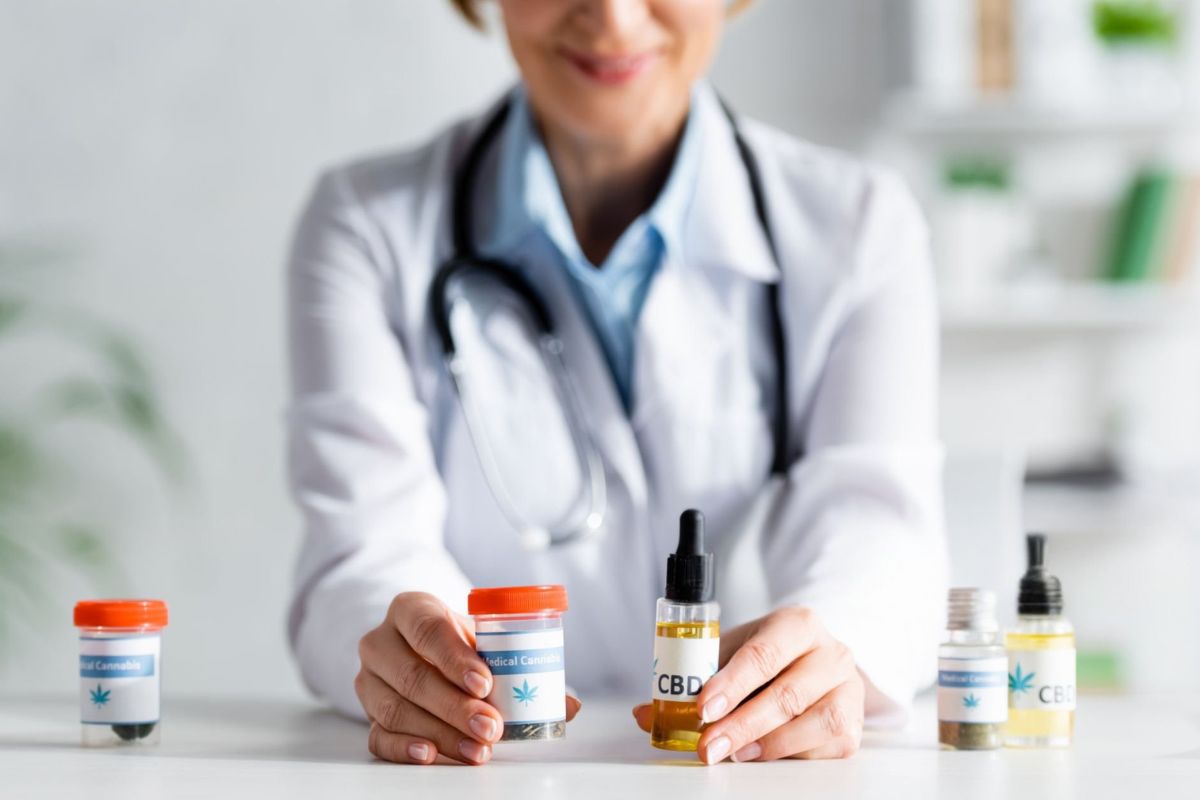
Medical use of delta 9 focuses on symptom relief and often involves specific dosing and monitoring. Recreational users consume delta 9 for its psychoactive effects, which may vary by strain and product. Both uses are legitimate but serve different purposes.
Choosing the Right Delta 9 Product
Look for lab-tested products with clear labeling of THC content, source (hemp or marijuana), and usage instructions. Opt for reputable brands that follow safety standards and third-party testing. Talk to a budtender or cannabis expert if you’re unsure which product suits your needs.
How to Store Delta 9 Products
Keep THC products in a cool, dry, and dark place to maintain potency. Edibles should be stored in airtight containers and away from children or pets. Check expiration dates and follow manufacturer storage recommendations, especially for hemp products that may have specific guideline .
Traveling with Delta 9
| Factor | Details |
|---|---|
| Federal Law | Hemp-derived Delta-9 (≤0.3% THC by dry weight) is federally legal under the 2018 Farm Bill. |
| State Laws | Vary widely — some states ban Delta-9 entirely or allow only medical use. |
| Legal in Carry-On Luggage? | Yes, if hemp-derived and compliant with TSA liquid rules (for tinctures, vapes, etc.). |
| TSA Policy | TSA does not actively search for cannabis but may alert authorities if a substance appears illegal. |
| Flying Between Legal States | Usually allowed with hemp-derived Delta-9 products in legal packaging and doses. |
| Flying Into Illegal States | Risky — even hemp-derived Delta-9 may be considered illegal depending on state law. |
| Packaging Requirement | Must be clearly labeled, sealed, and show compliant THC content (lab-tested preferred). |
| Driving Across State Lines | Legal only if the product is hemp-derived and legal in both the origin and destination states. |
| International Travel | Strongly discouraged — cannabis laws are much stricter in many countries. |
| Medical Card Exception | Only applies in medical marijuana states and usually not valid across state lines. |
Always check the legal status of delta 9 THC in your destination. Traveling across state lines with marijuana-derived delta 9 may be illegal even if both states have legal cannabis laws. Use caution and avoid bringing cannabis products to places where it is restricted.
Delta 9 and Federal Law
Under U.S. federal law, delta 9 THC is still classified as a Schedule I controlled substance when derived from marijuana, despite the changes brought by the farm bill .
However, hemp-derived delta 9 within the 0.3% limit is federally legal. Legislation regarding the cannabis sativa plant is constantly evolving, so stay informed about regulations, especially when traveling across state lines .
Is Delta 9 the Future of Cannabis?
Delta 9 continues to be at the center of cannabis research, product innovation, and policy debates. As laws evolve regarding medical marijuana and more therapeutic uses are discovered, delta 9 will likely remain a cornerstone of the cannabis industry. Its legitimacy as “real weed” is undisputed among both recreational and medical users.
Conclusion
Delta 9 THC is the authentic, naturally occurring compound in cannabis that delivers the well-known psychoactive effects. It is legitimate, powerful, and widely used for both recreational and medicinal purposes. While it offers various benefits, users must be aware of potential risks and legal considerations. By understanding how delta 9 works, its safety profile, the different types of thc derived products and how to use it responsibly, consumers can enjoy its effects while prioritizing health and compliance.
FAQ: Delta 9 THC
Is Delta 9 THC legal in all states?
No, delta 9 THC is not legal in all states. Its legality varies depending on whether it’s derived from hemp or marijuana. Some states allow both recreational and medical marijuana, while others permit only hemp-derived THC under 0.3%.
Does Delta 9 get you high?
Yes, delta 9 THC is psychoactive and will produce a “high” or intoxicating effect. It’s the primary compound responsible for the mind-altering experience associated with cannabis.
How long does Delta 9 stay in your system?
Delta 9 can stay in your system for several days to several weeks, depending on factors like metabolism, frequency of use, and dosage. Regular users may test positive for THC much longer than occasional users.
Is Delta 9 the same as CBD?
No, delta 9 THC and CBD are different cannabinoids. Delta 9 is psychoactive, while CBD is not. They affect the body in different ways and are used for different purposes.
Can Delta 9 THC show up on a drug test?
Yes, delta 9 THC and its metabolites are commonly detected in drug tests. Even if the THC is legally derived from hemp, it can still trigger a positive result.
Is Delta 9 natural or synthetic?
Delta 9 is a naturally occurring cannabinoid found in cannabis plants. However, synthetic forms of THC do exist, such as dronabinol, which is used in pharmaceutical applications.
What’s the difference between hemp-derived and marijuana-derived Delta 9?
Hemp-derived delta 9 is extracted from the cannabis sativa plant, containing less than 0.3% THC by dry weight and is federally legal. Marijuana-derived delta 9 typically has higher THC levels and is legal only in states that have passed cannabis reform laws.
Can you overdose on Delta 9 THC?
While a fatal overdose is highly unlikely, taking too much delta 9 THC can lead to intense discomfort, including anxiety, paranoia, nausea, and confusion. Start low and go slow.
Does Delta 9 have medical benefits?
Yes, delta 9 THC is used medicinally to help with chronic pain, nausea, appetite stimulation, PTSD, and more. However, medical use should be supervised by a healthcare provider.
How can I use Delta 9 safely?
Use delta 9 responsibly by starting with a low dose, especially if you’re new to THC. Avoid mixing it with alcohol or other drugs, and never drive under the influence.

